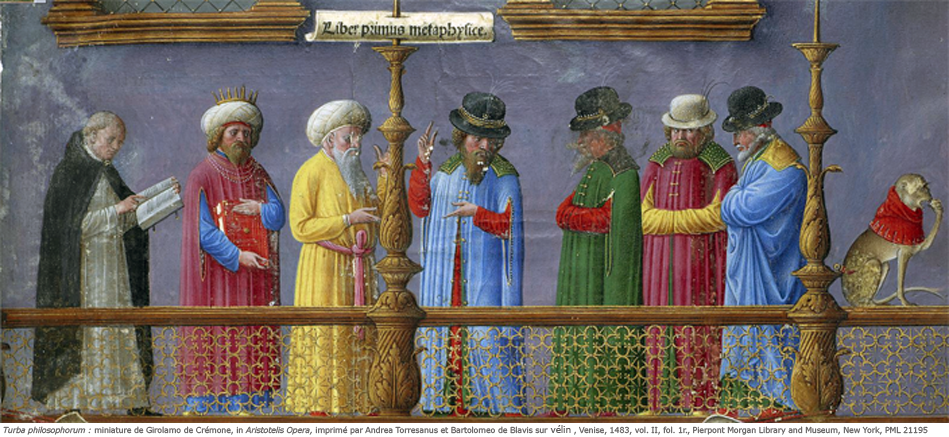I do know now what is the meaning of my department's name in Ain Shams University : The Ancient European Civilization. It's basically a Greek and Latin (Philology) department, but I've always wondered why it is so called and who coined this name. Taha Hussein, the one who revived Greek and Latin in Egypt, is the one who coined it. Below is p. 386 of the Arabic translation of Albert Hourani's Arabic Thought in the Liberal Age 1798–1939 (Cambridge University Press 1983), which states that Taha Hussein was one of the Arabic intellectuals of the so-called "liberal age", who saw the European civilization as "the superior civilization of the human history". To name "Greek and Latin" (philology) departments in Egypt as the department of "Ancient European Civilization", would have been, back then, very prestigious both for scholars and students alike.
In 2015, I don't think though that this remains the case. Simply because "πάντα ῥεῖ" and πάντα χωρεῖ καὶ οὐδὲν μένει" καὶ "δὶς ἐς τὸν αὐτὸν ποταμὸν οὐκ ἂν ἐμβαίης (Plato, Cratylus ,402a). The middle east now, as we all know and see, in a state of radical change; not only (geo)politically, but also socially and mentally too.
In 2015, I don't think though that this remains the case. Simply because "πάντα ῥεῖ" and πάντα χωρεῖ καὶ οὐδὲν μένει" καὶ "δὶς ἐς τὸν αὐτὸν ποταμὸν οὐκ ἂν ἐμβαίης (Plato, Cratylus ,402a). The middle east now, as we all know and see, in a state of radical change; not only (geo)politically, but also socially and mentally too.



















